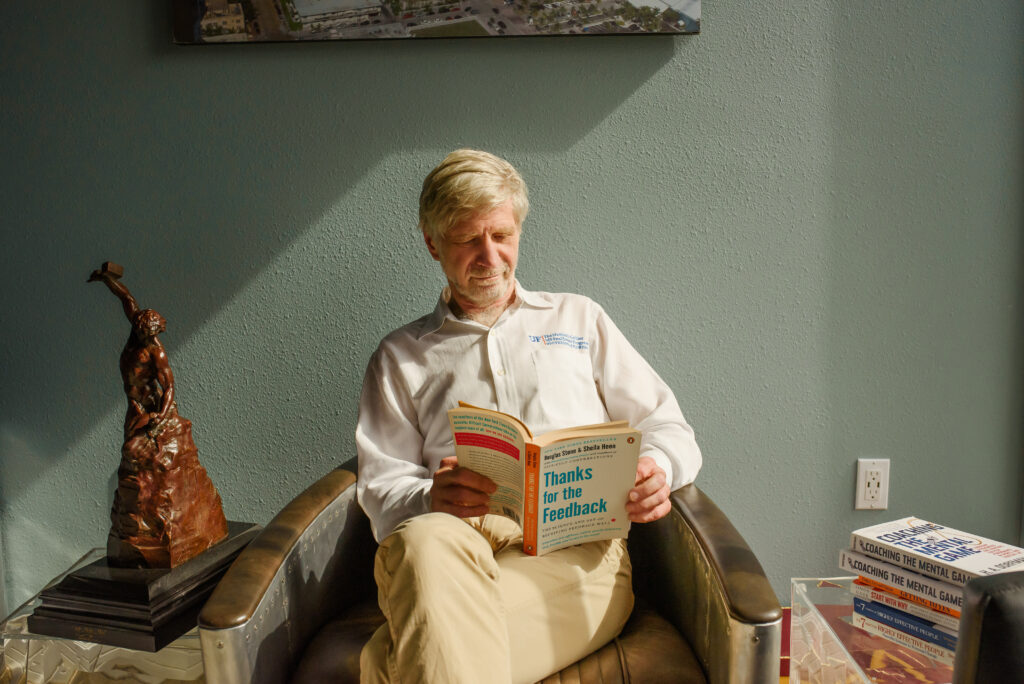The shortest distance between two points may be a straight line, but it may not be the fastest way or the best way. “Obliquity,” by John Kay (April 22, 2011, Wall Street Journal review by Andrew Stark), deals with the concept that often the quickest way to any goal may be an indirect path. This is especially true for goals involving creativity, or feelings, or requiring the assistance of (emotional) others with their own priorities and agendas.
The philosophy of “indirect pursuit” works best when “goals are vague” (e.g. happiness…), “interactions unpredictable” (Is marriage for me? Children? This job? This career? This town? This apartment? This partner?), “complexity extensive, the environment uncertain.”
Kay’s “profit paradox” illustrates the obliquity principle. Often the surest road to profitability is the direct pursuit of another (but related) goal, such as organizational excellence, extraordinary customer service, product superiority, developing talent and nurturing careers, or market dominance.
Closing quotes:
“Those only are happy…who have their minds fixed on some other object other than their own happiness.” — John Stuart Mill (1806 –1873), British philosopher, civil servant
“Happiness is a butterfly, which when pursued is always just beyond your grasp, but which, if you sit down quietly, may alight upon you.” —Nathaniel Hawthorne (1804 –1864), author, “The Scarlet Letter”
“The principle of obliquity: When a characteristic is selected for in an uncertain and imperfectly known environment, deliberate action to promote that characteristic is often self-defeating, and the highest values of the characteristic will often be achieved by chance.” — John Kay





